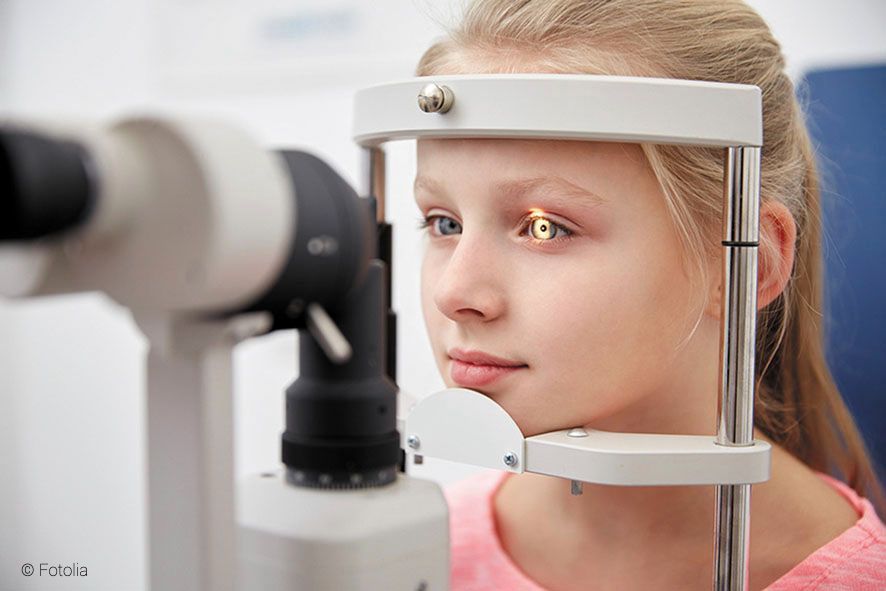Preventing high blood pressure:
To avoid high blood pressure, a "salt-free" diet is sometimes suggested in case of corticosteroid therapy. In fact, the "low-salt" diet is only for patients receiving high doses of cortisone (>15 mg/d). The simple eviction of salty foods (peanuts, chips ...) is usually sufficient. In the other (most frequent) cases, no salt restriction is necessary.
Preventing and treating salt (potassium) loss
Since cortisone causes the loss of potassium, oral potassium intake is required when cortisone is prescribed in medium or high doses (usually above 15 mg/d), but this also depends on the associated treatments. Potassium loss is very rare in children.
Preventing the risk of diabetes, weight gain and abnormal cholesterol
To avoid weight gain, and possible metabolic disorders (such as high cholesterol and diabetes), a low fat and low sugar diet is usually suggested. Avoid or limit the amount of sugar (both fast and slow sugars which are present in starchy foods: pasta, bread, rice, apples, potatoes, semolina etc.,), do not eat between meals, and do not to increase food intake. Regular exercise will also increase calorie burn and help prevent weight gain.
Prevent the risk of bone fragility (osteoporosis)
To prevent osteoporosis, a diet rich in calcium is advised. The recommended daily intake of calcium is mostly covered by a balanced diet, but if not, a complementary calcium prescription is necessary. A prescription of associated vitamin D is desirable. Regular practice of appropriate exercises is also necessary, in order to stimulate bone cells and to tone muscles. Finally, to fight osteoporosis, especially after menopause, some anti-osteoporotic drugs, called bisphosphonates, can be useful and prescribed as soon as cortisone treatment is started in adults.
These prescriptions do not interfere with taking effective lupus medications.
Prevent infections: To avoid severe infections, you should consult your doctor quickly in case of fever or symptoms evoking an infection (cough, urinary burns, rash ...). Regular personal hygiene care (brushing teeth, intimate toileting) should be draconian, and the use of hydro-alcoholic hand gel may be advised, especially if an immunosuppressive therapy is also being carried out. The vaccination record must be up to date. Pneumococcal vaccination is systematically recommended in lupus patients, and the influenza vaccine is also recommended, especially in case of immunosuppressive therapy or in case of planned pregnancy.
There is no specific measure to avoid accelerated atherosclerosis, apart from stopping smoking. This risk is all the greater when corticosteroid therapy is associated with other promoting factors, such as obesity, high cholesterol and/or menopause. It is on these factors , possibly associated with each other, that it is necessary to know how to act if necessary (diet, drugs to lower cholesterol levels).
Learning all these measures can be acquired during therapeutic education sessions or by meeting with a dietician. Finally, the best way to avoid the adverse effects of cortisone is to use the minimum effective dose, and even stop this treatment in case of remission, in agreement with your doctor. Self-medication should be avoided.

There are simple ways to try to prevent the inconveniences of cortisone.
It is desirable to be aware of them and discuss them with your doctor (who may recommend monitoring examinations, or even drug treatment), but it is in everyday life that these preventive measures must be applied (diet, physical activities ...).